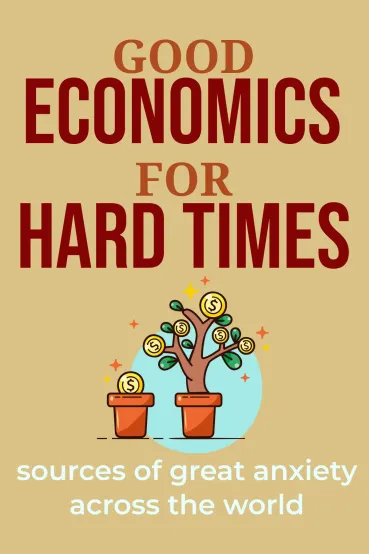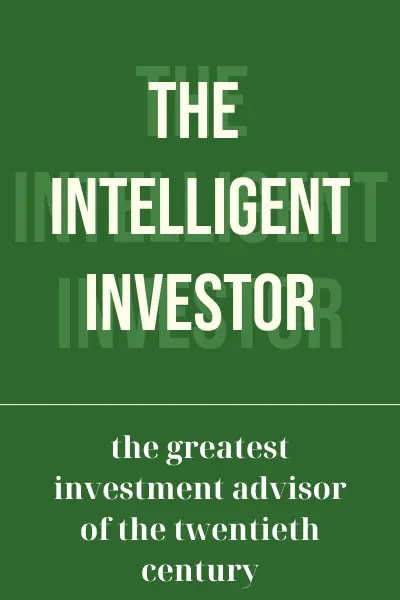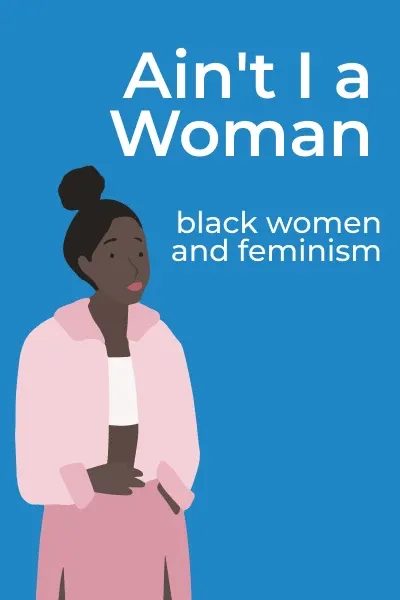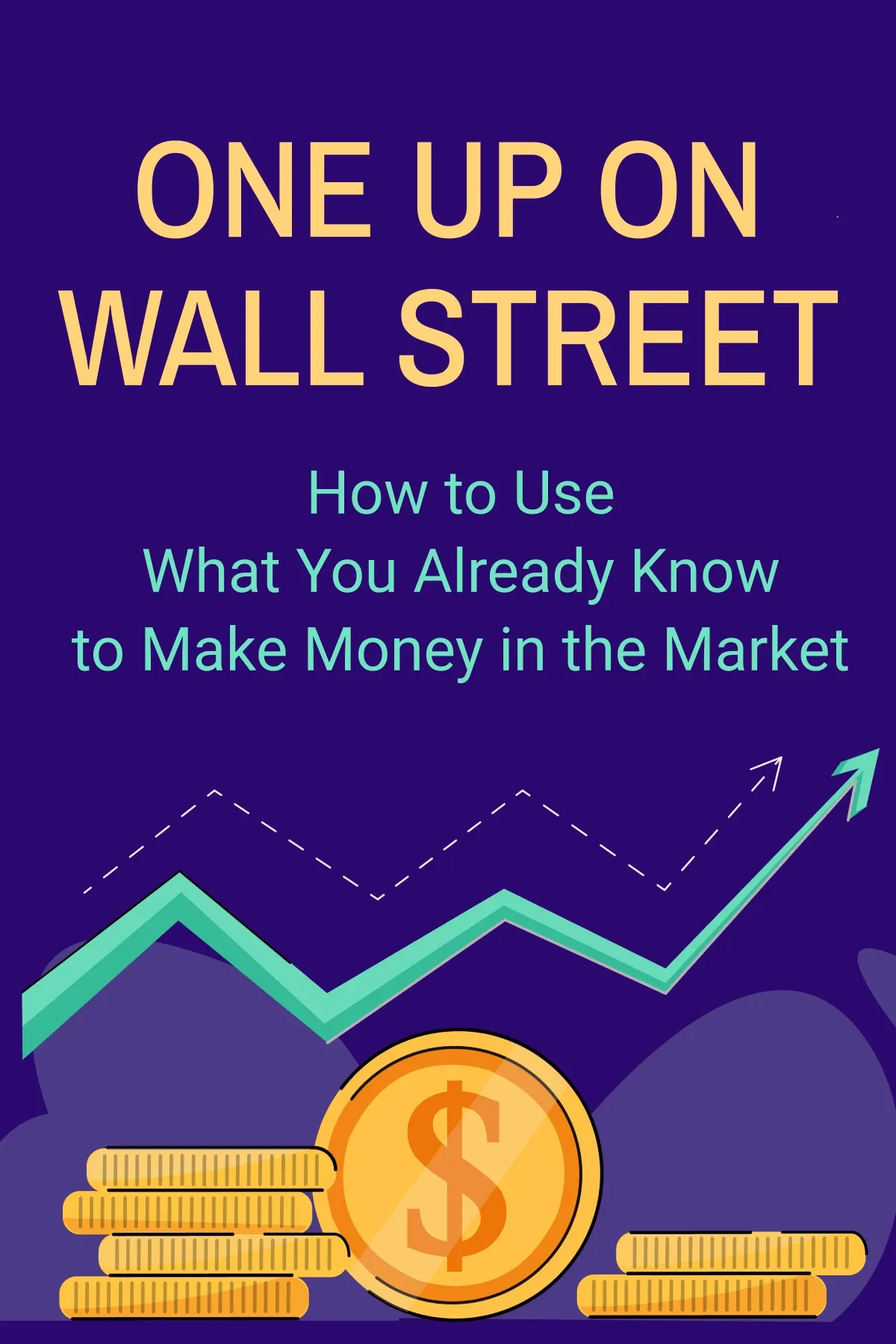
Good Economics for Hard Times
Brief Summary
In “Good Economics for Hard Times” we explore the contrasting views between economists and ordinary people, dissecting the impact of social media on public perception, debunking misconceptions about immigration, and revealing the hidden truths behind automation and tax policies. This book presents a compelling journey through economic complexities, challenging conventional wisdom and shedding light on the dynamics that shape our understanding of the world.
Key points
Key idea 1 of 9
People are increasingly skeptical about experts, particularly in the field of economics. Opinions vary. For example, let’s take taxes into account. Many American economists favor raising federal taxes. Yet, many people would argue against such a decision. Additionally, the idea that business executives earn an excessive amount of money is not supported by economists, although American voters are sure in the statement. These disparities benefit populists as they foster uncertain economic perceptions within society. In reality, it poses a significant threat to democracy and debates.
To illustrate the issue, let us study the results of elections in the US. We can observe a clear polarization of American voters. Social media played a pivotal role in this context. For instance, in 2019, Twitter boasted over 300 million users, while Facebook had an impressive 2 billion subscribers. The mechanisms of social media usually aggravate the situation because people only receive information that supports their predetermined ideas. Furthermore, Facebook and Twitter don't check absurd political claims, allowing populists and propagandists to share false information and conspiracies.
It is worth mentioning that while being rather influential in the modern world, social media are not always the main issue. The genocide in Rwanda, for example, was a gruesome case that happened without social media involved.
FAQ
You may also like these summaries











